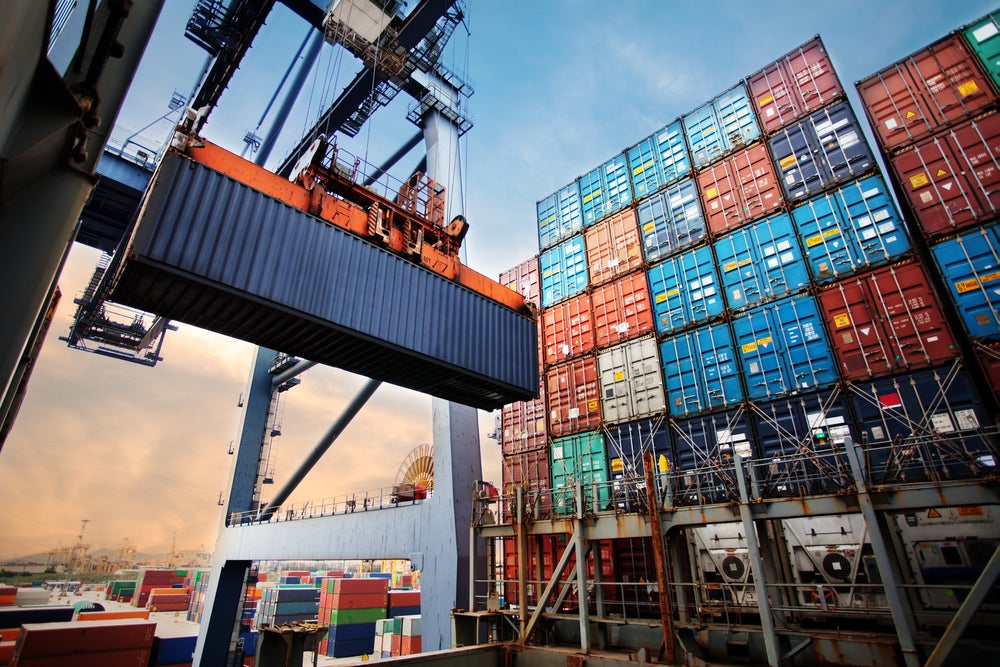The extension until December 2027 is seen by FESI as a positive development, providing predictability and assurance as talks over a new GSP can now resume with increased security.
FESI claims to have been actively engaged in discussions since talks of a new GSP Regulation started, providing its position and comments. The federation believes this agreement must inspire co-legislators to return to negotiations sooner rather than later, and with renewed vigour, to prevent similar situations from repeating in the future.
The GSP removes import duties on developing countries’ exports to the EU. By creating additional export opportunities, it helps the countries to tackle poverty and create jobs while also respecting sustainable development principles.
Jérôme Pero, FESI secretary general, highlighted the significance of renewing the current GSP rules beyond the end of this year and said: "The GSP is a vital asset for trade and the sporting goods industry, supporting millions of jobs and contributing to billions in trade. The prospect of losing out on it, at a time when its benefits continue to grow, would have been a step back, and we look forward to renewed discussions that will see further trade relations bolstered."
The agreement was reached just a day after the release of a joint report from the European Commission and the High Representative of the Common Foreign and Security Policy on the GSP, emphasising the monumental importance and impact of the GSP.
Established in 1971, imports from GSP countries reached an all-time high of €80bn in 2022, according to the report.
It further underscored the ongoing role of GSP in fostering economic stability and development in low-income countries, particularly in times of uncertainty such as COVID-19.
It went on to add that the GSP+ incentive has proven effective in improving standards on human and labour rights, environmental and climate protection, and good governance practices.
While acknowledging the positive step taken with the renewal of the current GSP scheme, FESI said it aligns with the views of Members of the European Parliament (MEPs) Bernd Lange (S&D, DE) and Heidi Hautala (Greens/FI).









